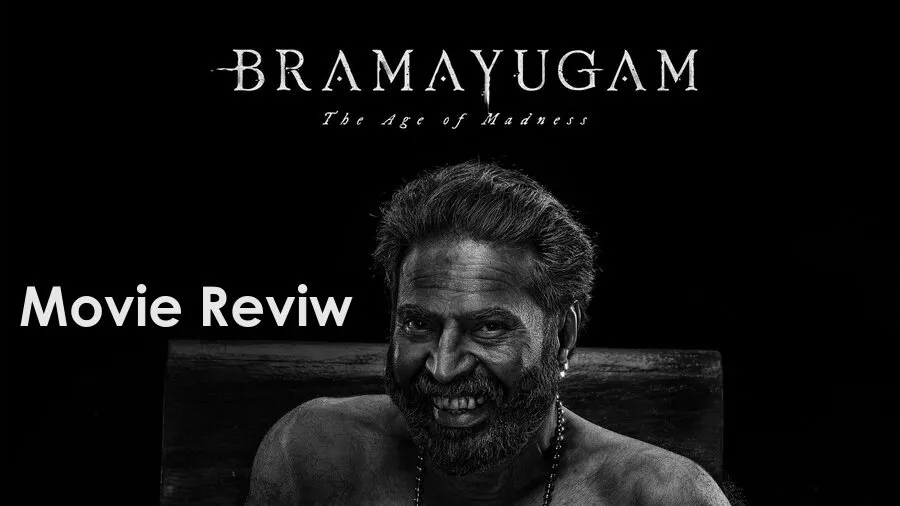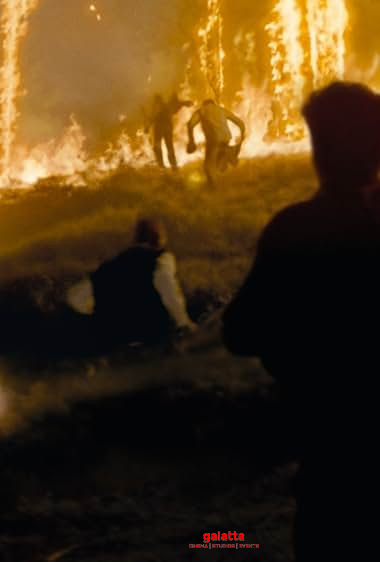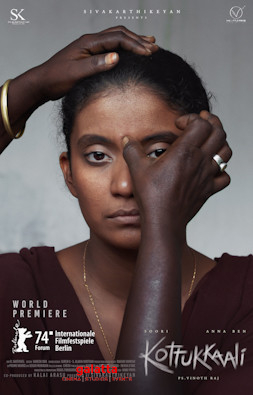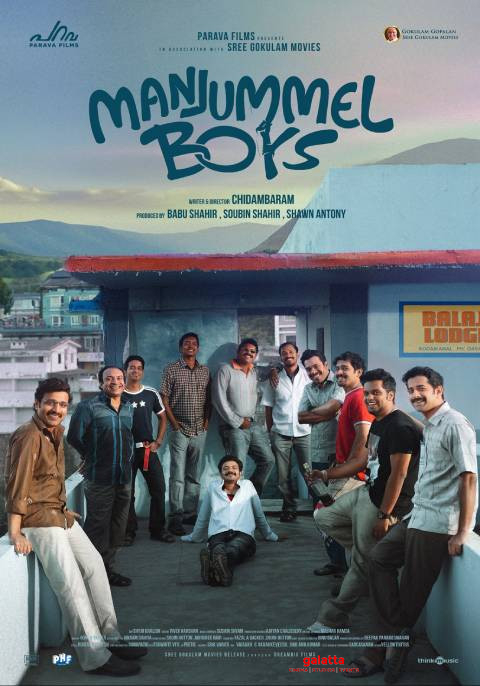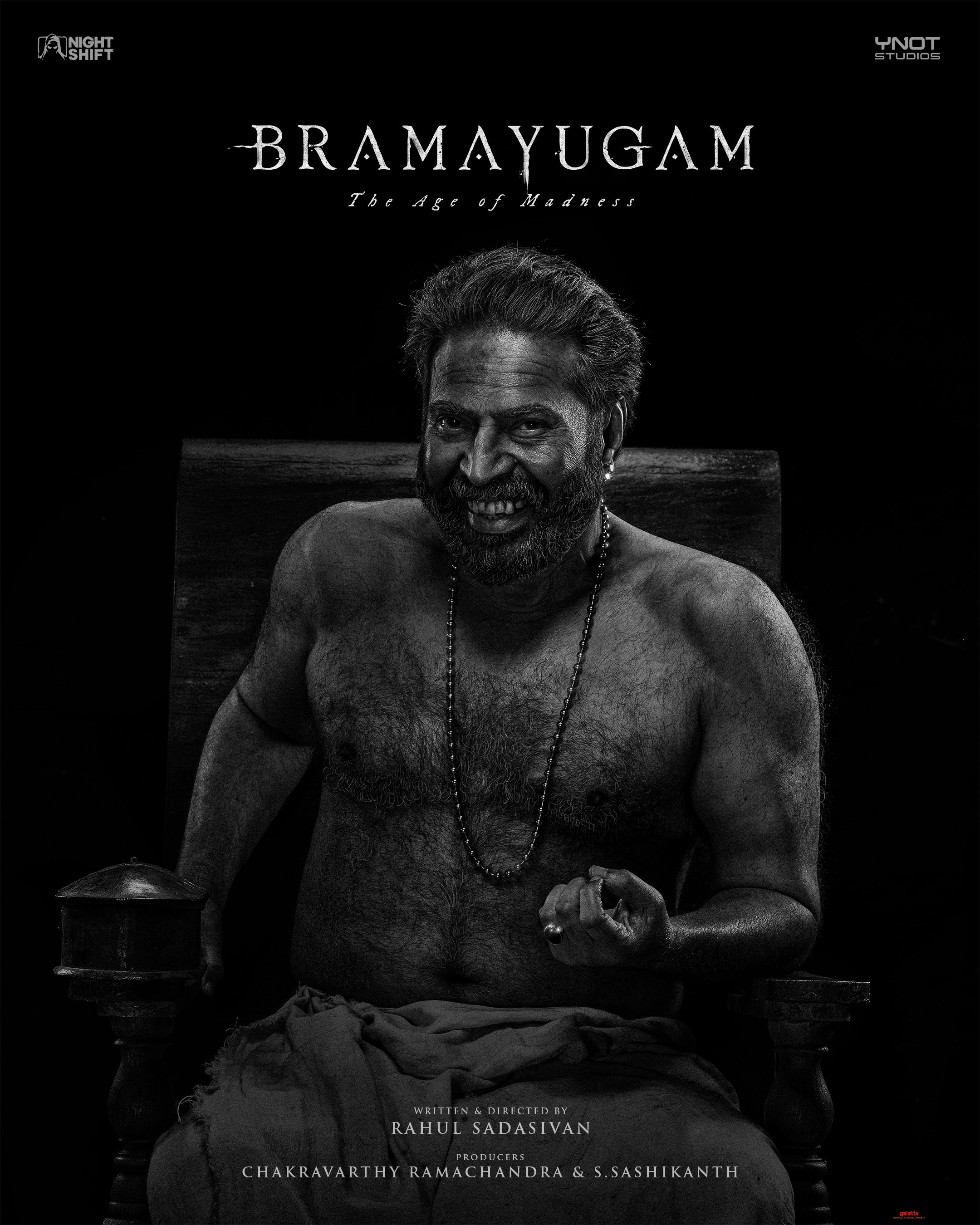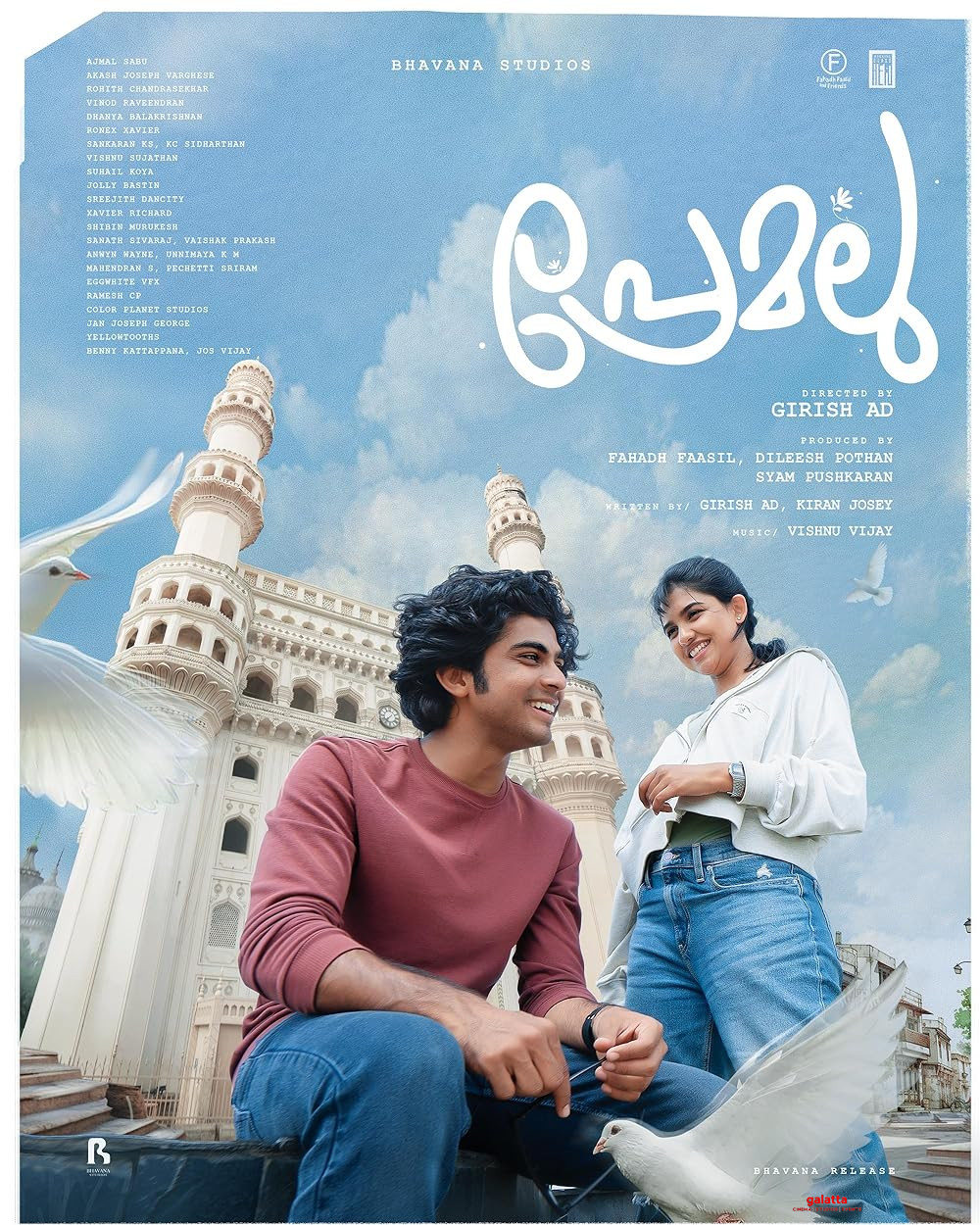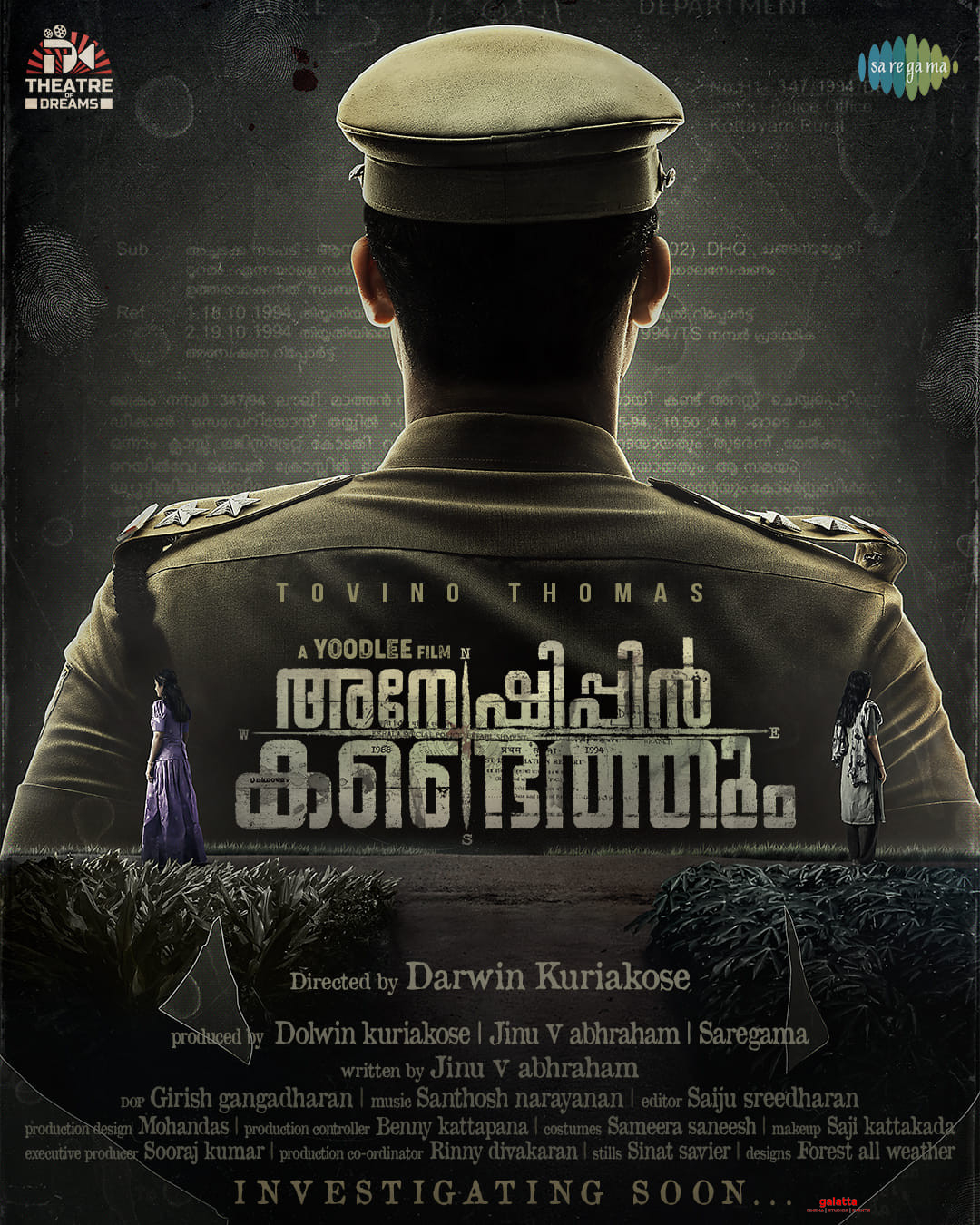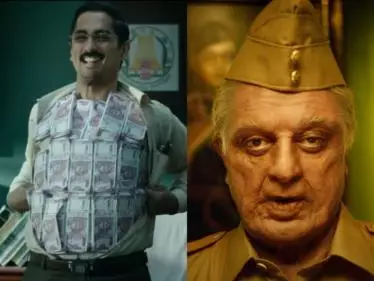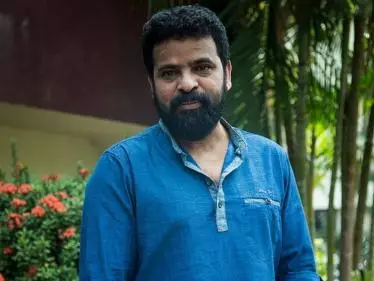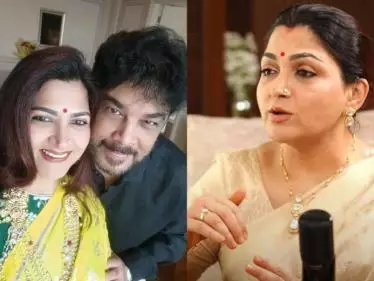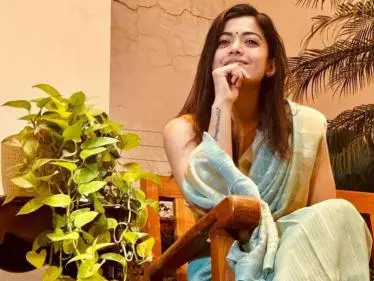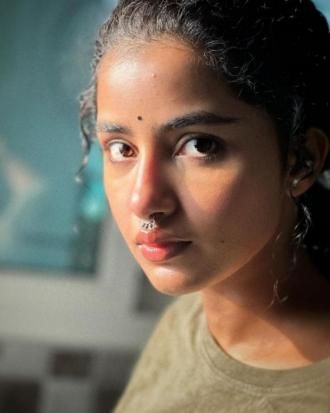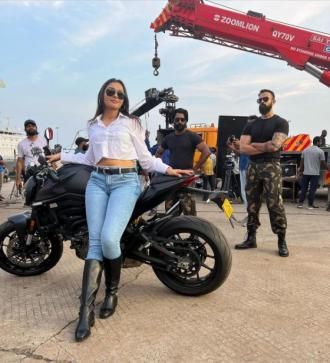Bramayugam Review By Baradwaj Rangan Movie Cast & Crew
There is a thesis waiting to be written about the various shades of villainy embodied by Mammootty in his legendary career. There are too many to be listed, but in his eighth decade alone – the actor is 72 now – we get the casteist bigot in Puzhu, the man with an endless appetite for revenge in Rorschach, and now we get Kodumon Potti in Rahul Sadasivan’s Bramayugam. And even this part harks back to one of Mammootty's greatest villains, in Vidheyan. If that film’s Bhaskara Patelar was a former village chief who is now living on his terrorising reputation, Kodumon Potti appears to be a former feudal landlord now confined to his traditional (and decaying) mansion. And the servant’s part in Vidheyan is taken over by Arjun Ashokan, an oppressed-caste singer named Thevan who takes refuge in Kodumon Potti’s home.
Rahul’s extraordinary earlier film, Bhoothakaalam, was – like Bramayugam – a haunted-house movie. But though it was built with horror-cinema tropes, Bhoothakaalam was really about how the past never leaves us – how it is still present around us. That is: the repercussions of things done in the past are felt to this day. The debts that the father left behind haunt his wife and son like real ghosts. Bramayugam is a more literal ghost story: it has a chaathan, a supernatural creature. But even here, the horror-cinema tropes (like a man hearing noises in the attic and going up to see what’s up there instead of running for his life) are used in service of something larger. They are used to make the point that tyranny and oppression haunt our society and our culture like ghosts, and freedom from this tyranny and oppression requires not just strength and resolve but also tremendous cunning. Also, power corrupts people, no matter who they are.
Bramayugam is set in South Malabar in the 17th century. The outline of the story is that Thevan finds himself trapped in Kodumon Potti’s mansion, with just the cook for company. The first half is excellent. It is essentially a three-character play, with the atmosphere – as opposed to “events” – giving the sense of a horror movie. Mammootty is brilliant. He spells out “horror” without a single horror-movie cliché. He is de-handsomised with stained, prosthetic teeth - and he plays the oppressor with very little fuss: at least, at first. Initially, we see him as a bored child who wants to play around with a new toy: namely, Thevan. As the story grows, as the character is roused from boredom and inaction, as the tyranny and oppression begin to surface, the performance grows, too. Arjun Ashokan has a rather one-note role. His back is slightly bent by his servility, and he projects the character’s confusion and fear well in a series of extreme close-ups – though I wished Thevan had been given a few other traits. But the film’s surprise is the marvellously effective Sidharth Bharathan, who plays the cook as someone who knows he is trapped in hell and is, therefore, drained of all emotion. Even when the character faces life-and-death struggles, Siddharth plays them like the outcome hardly matters: if he wins, then good, or else, he has been living this way for ages, so what’s going to change!
There are four other characters in the film. (1) Rahul’s exquisite control of pace and atmosphere, (2) Shehnad Jalal’s sweeping black-and-white cinematography, (3) the various interiors and exteriors of the mansion, and, finally, (4) time itself. Like the word “kaalam” in Bhoothakaalam, the word “yugam” in Bramayugam is a signifier of a certain kind of timelessness, where past and present have melded into a world where –say – a game of dice is used to decide winners and losers, much like in the Mahabharata in a different yugam. (There is a pointed reference to the epic, in a line.) Upon meeting Thevan, the cook asks, “What month is it?” That is the notion of time here, flowing endlessly like a river. Time in Bramayugam is measured not in hours and minutes and seconds, but by the greying of the beard of a young man whose only real possession is… time. That is the only thing he can pawn in that game of dice.
The characters are trapped in this timelessness, which is to say that the practices of tyranny and oppression have existed long before this story began and will survive long after, through different people wearing different clothes and using different weapons. This is a tough narrative act – to balance the abstractness of concepts like oppression with the concreteness of people we see in flesh and blood on screen – and the first half manages this marvellously. We see Kodumon Potti only when Thevan sees him. After all, the oppressor “takes shape” only when there is someone to be oppressed. And then the games begin, as Kodumon Potti lures in Thevan as silkily as the spiders we see in their webs. The man’s infinite boredom is temporarily alleviated by the arrival of this new “prey”. The constant rain is another form of oppression – on the audience. We feel so suffocated that we practically squint at the sunlight at the end. The sound of the rain and the tap-tap-tap of a walking stick may stay in your ears long after you exit the theatre.
I wish Christo Xavier’s score had not been so big, and I wish the Yakshi played by Amalda Liz had something more to do – but a bigger issue is that some of the character dimensions are not clear. For instance, if a character knows how to subdue the chaathan, why hasn’t he made an attempt earlier, with the help of one of the earlier guests at the mansion? Or did he make such an attempt – and it’s just that we are not made aware of it? If the chaathan is so all-knowing that it knows all about Thevan’s background, then why does it not know anything about the cook’s background? Also, given that the physical body that the chaathan inhabits is ageing rapidly, what happens when the owner of this body dies? Or are the chaathan’s powers able to keep death at bay? Thinking about this, I wondered how cool it might have been to see a young man – like in the Dracula stories – only to realise that he is really thousands of years old!
The bigger reveals come too early in the second half, after which the story has no surprises. (Compare this with the much superior Bhoothakaalam, which made us wait until the very end for the reveals.) So once we know how the chaathan is to be subdued, it is only a matter of time before the plans are put in place – and nothing happens that we cannot already guess. The special effects become a tad too contemporary at this stage. Also, the idea that the chaathan is both oppressor and oppressed, I felt, could have been explored some more. The last stretch, though, is lovely. It is an extension of the thought that power corrupts, and it shows you how deep – and how far down – into the social structures this corruption can seep into. That half-smile at the end: it’s chilling.
As a filmmaker, Rahul Sadasivan is in full mastery over his material. In the deliberately paced first half, Rahul makes us feel the weight of time. We seem to be trapped in that house, with these characters. And the shots are exquisite. As the year ends, I will be surprised to see a stretch of filmmaking better than the one where Thevan tries to escape and is then… brought back, in a manner of speaking. At the end of this stretch, he is prostrate, his weak body hugging the ground, and as he looks up, the camera looks up along with him – to see, first, the feet of Kodumon Potti. Another spectacular shot – the film’s first overhead shot in terms of the characters – has Kodumon Potti looming over Thevan. Rahul reverses the angle we typically see this kind of shot in. We usually see the characters from the front, so we see the face, but here the hint of the oppressor’s back is enough. Put simply, Bramayugam is a heady mix of fine acting and fine filmmaking.
